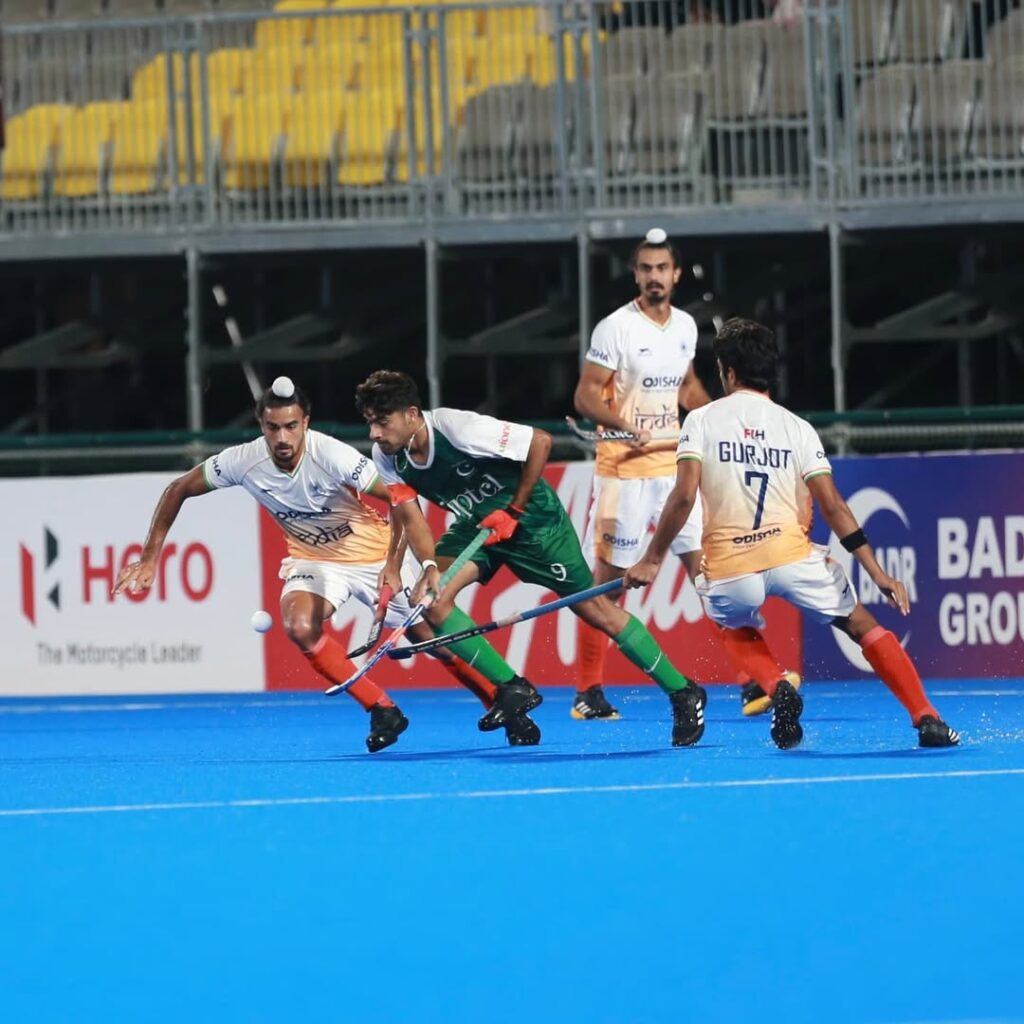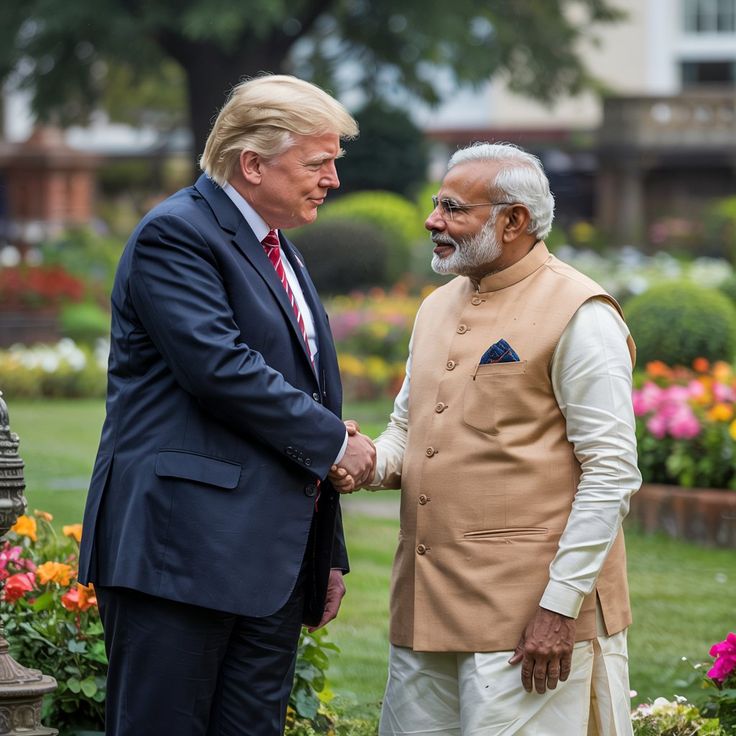The sports world has been rocked by Pakistan’s abrupt withdrawal from the Hockey Asia Cup 2025. Once a hockey powerhouse with four Asia Cup titles, Pakistan’s absence leaves a void in the tournament and robs fans of the iconic India–Pakistan clash that has long defined Asian hockey rivalries.
The 2025 Hockey Asia Cup, one of the most prestigious tournaments in Asian hockey, has been hit with a major blow as Pakistan officially announced its withdrawal from the championship. The decision, confirmed by the Pakistan Hockey Federation (PHF), has not only disappointed fans at home but also created ripples across the Asian hockey community. One of the most successful and illustrious teams in the Hockey Asia Cup is Pakistan, which has won the
competition four times. Its absence in 2025 marks a significant setback for the event’s competitive spirit and historical significance.
A Shocking Exit
Pakistan’s withdrawal was made public through an official statement from the PHF late on Tuesday, citing “administrative, financial, and preparatory challenges” as the primary reasons. While the federation refrained from providing intricate details, insiders suggest a mix of factors led to this dramatic decision.
Firstly, Pakistan’s hockey infrastructure has been struggling for years, with declining investment, lack of sponsorship, and poor grassroots development. These issues have been compounded by the country’s economic challenges, which have left little room for sporting federations to operate effectively. Secondly, reports indicate that the national team had been unable to secure sufficient international exposure or preparatory camps ahead of the tournament, making their participation logistically and competitively unviable.
The Hockey Asia Cup, scheduled to take place later in 2025, was expected to see traditional rivals India and Pakistan lock horns once again. Their matches have always been among the highlights of the tournament, attracting massive crowds both inside stadiums and through television broadcasts. With Pakistan pulling out, one of the sport’s most anticipated rivalries has been shelved, much to the disappointment of fans.
Pakistan’s Glorious Past in the Asia Cup
The withdrawal is even more striking given Pakistan’s illustrious legacy in the tournament. Since its establishment in 1982, Pakistan has won the Hockey Asia Cup four times: in 1982, 1985, 1989, and 1999. They are still one of the most decorated teams in the competition’s history. Pakistan was a major force in international hockey because of its domination in the early decades of the Asia Cup, as well as its World Cup and Olympic accomplishments.
Pakistan has, however, found it difficult to hold onto that status in recent decades. Once considered a cradle of hockey legends, the country has seen its performance decline, with the team often finishing outside the top rankings. The withdrawal from the 2025 edition not only reflects these struggles but also symbolizes a deeper crisis facing the sport in the country.
Reaction from the Asian Hockey Federation
The tournament’s organizer, the Asian Hockey Federation (AHF), apologized for Pakistan’s withdrawal but affirmed that everything will proceed according to schedule. The AHF called the decision “unfortunate for the sport and its fans” in a brief statement, acknowledging Pakistan’s significance in the competition.
“Pakistan has been a pillar of Asian hockey, and their absence will be deeply felt,” an AHF official stated. “However, we remain committed to delivering a world-class event and ensuring that the Hockey Asia Cup continues to inspire players and audiences across the continent.”
The AHF is reportedly exploring the possibility of adjusting the tournament’s schedule and groups to accommodate the withdrawal. Replacement teams or revised formats may be introduced to maintain competitiveness and balance.
Fans React with Disappointment
For millions of hockey fans across Asia, Pakistan’s decision is nothing short of heartbreaking. Matches between India and Pakistan have historically transcended sport, serving as cultural spectacles filled with passion, rivalry, and national pride. Social media platforms were flooded with reactions soon after the news broke, with many lamenting the loss of what could have been a classic showdown in 2025.
On X (previously Twitter), a hockey fan said, “This is a tragedy for hockey.” “Asia Cup without Pakistan feels incomplete.” Another user commented, “For years, India vs Pakistan matches have been the heartbeat of Asian hockey. This withdrawal takes away the soul of the tournament.”
The Wider Impact on Asian Hockey
The consequences of Pakistan’s withdrawal extend beyond just one tournament. Analysts argue that this could further isolate Pakistan in the international hockey circuit, reducing opportunities for its players to gain exposure at the highest level. Without consistent participation in top-tier events, the country risks widening the gap between itself and hockey’s emerging nations such as Japan, Malaysia, and South Korea.
For the Asia Cup, the withdrawal means the loss of a historically dominant team, which inevitably impacts the tournament’s prestige. Broadcasters and sponsors, who often bank on the high-voltage clashes between India and Pakistan, may also feel the pinch.
Pakistan’s Hockey Crisis
For many years, there has been worry over Pakistan’s declining hockey scene. Once the national sport and a source of immense pride, hockey in Pakistan has gradually lost ground to cricket. The lack of investment in facilities, poor management by the PHF, and dwindling interest at the grassroots level have combined to create a crisis that now threatens the sport’s very survival in the country.
Experts note that unless urgent reforms are introduced—ranging from financial restructuring and youth development programs to professional management—Pakistan could continue to fade from the international hockey scene. The withdrawal from the Asia Cup is being viewed as both a symptom and a warning of what lies ahead if systemic changes are not made.
India’s Response and Regional Implications
From India’s perspective, the withdrawal is bittersweet.It eliminates the high-intensity match that has typically attracted large audiences, but it also gives India a better chance of winning the championship. Indian players and coaches have publicly expressed their disappointment, emphasizing that competing against Pakistan always brought out the best in both sides.
“India vs Pakistan games are more than just matches; they are moments of history,” said an Indian player. “We will miss that atmosphere in 2025.”
Regionally, the withdrawal may open up opportunities for other Asian nations to step into the spotlight. Countries like Japan and Malaysia, which have been steadily improving, may now emerge as stronger contenders in Pakistan’s absence.
What Next for Pakistan Hockey?
The big question now is whether Pakistan will be able to recover from this setback and re-establish itself in international hockey. The PHF has promised to restructure its programs and ensure that the national team returns stronger for future tournaments. However, without robust financial support and government backing, such promises may remain unfulfilled.
Sports analysts argue that Pakistan must focus on grassroots revival, talent scouting, and infrastructure development to nurture a new generation of players. International collaborations, exchange programs, and greater participation in invitational tournaments could also help bridge the growing competitive gap.
Pakistan’s withdrawal from the Hockey Asia Cup 2025 is more than just a sporting decision—it is a reflection of the challenges faced by one of hockey’s greatest nations. For fans, it marks the absence of an iconic rivalry that has defined the spirit of the tournament for decades. For the sport itself, it serves as a reminder of the urgent need to support struggling hockey nations and preserve the competitive balance that makes international events so special.
As the Asia Cup proceeds without Pakistan, the tournament will certainly lose some of its sheen. Yet, for the remaining teams, it is also an opportunity to step up and redefine the future of Asian hockey. Whether Pakistan can return to reclaim its lost glory remains to be seen—but for now, the continent must brace itself for an Asia Cup without one of its brightest stars.
Related News: Read More



